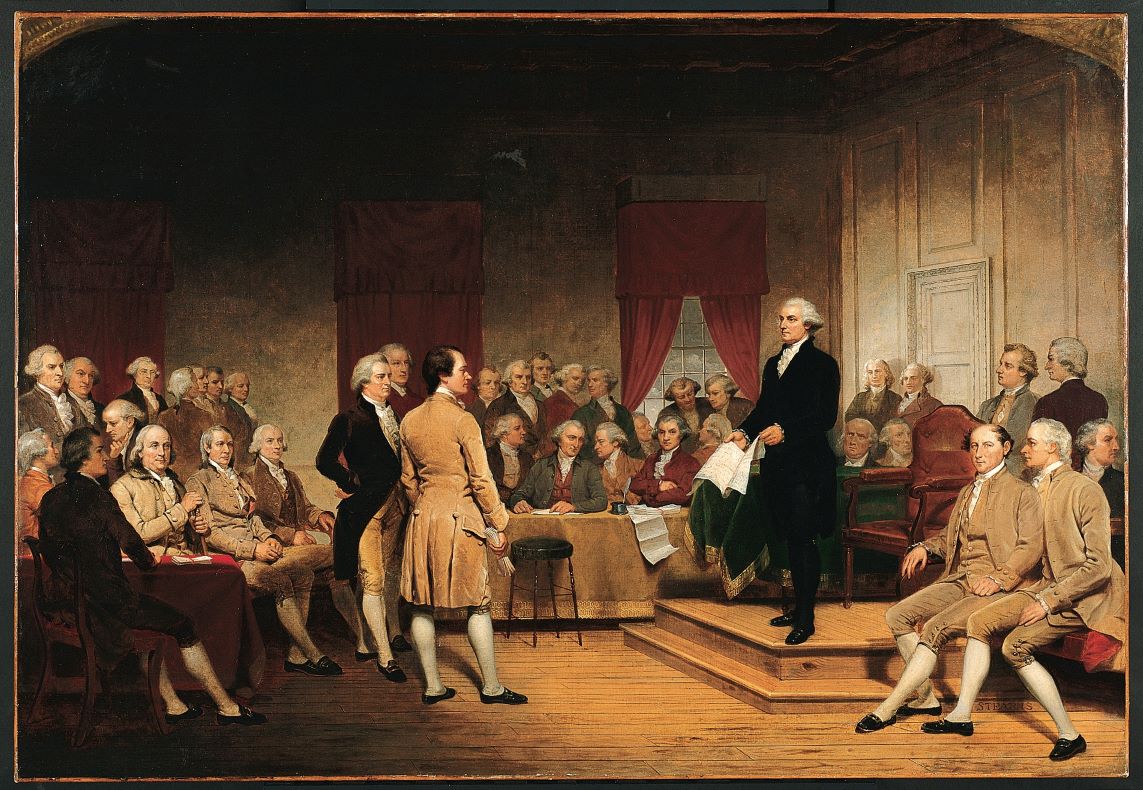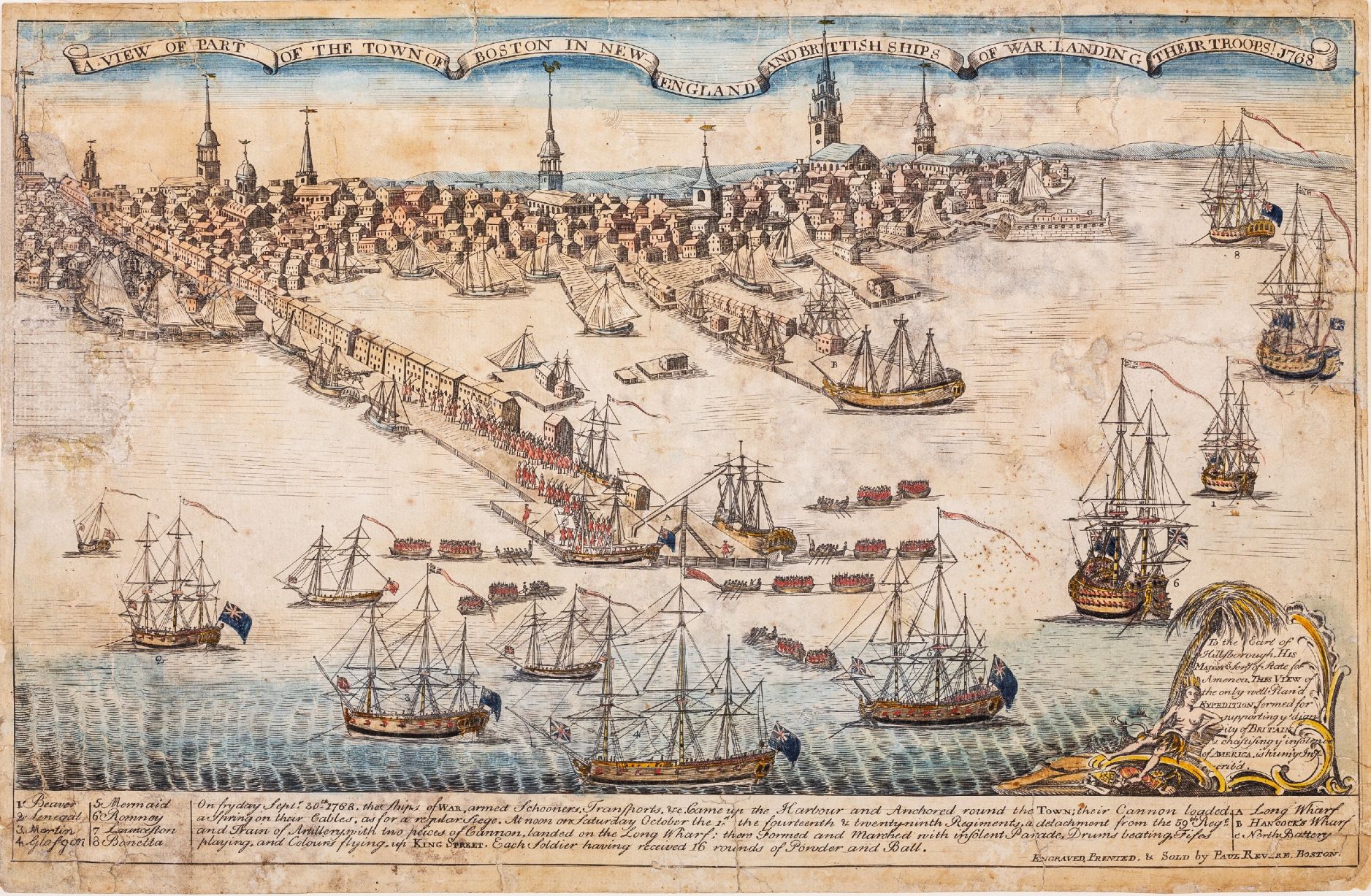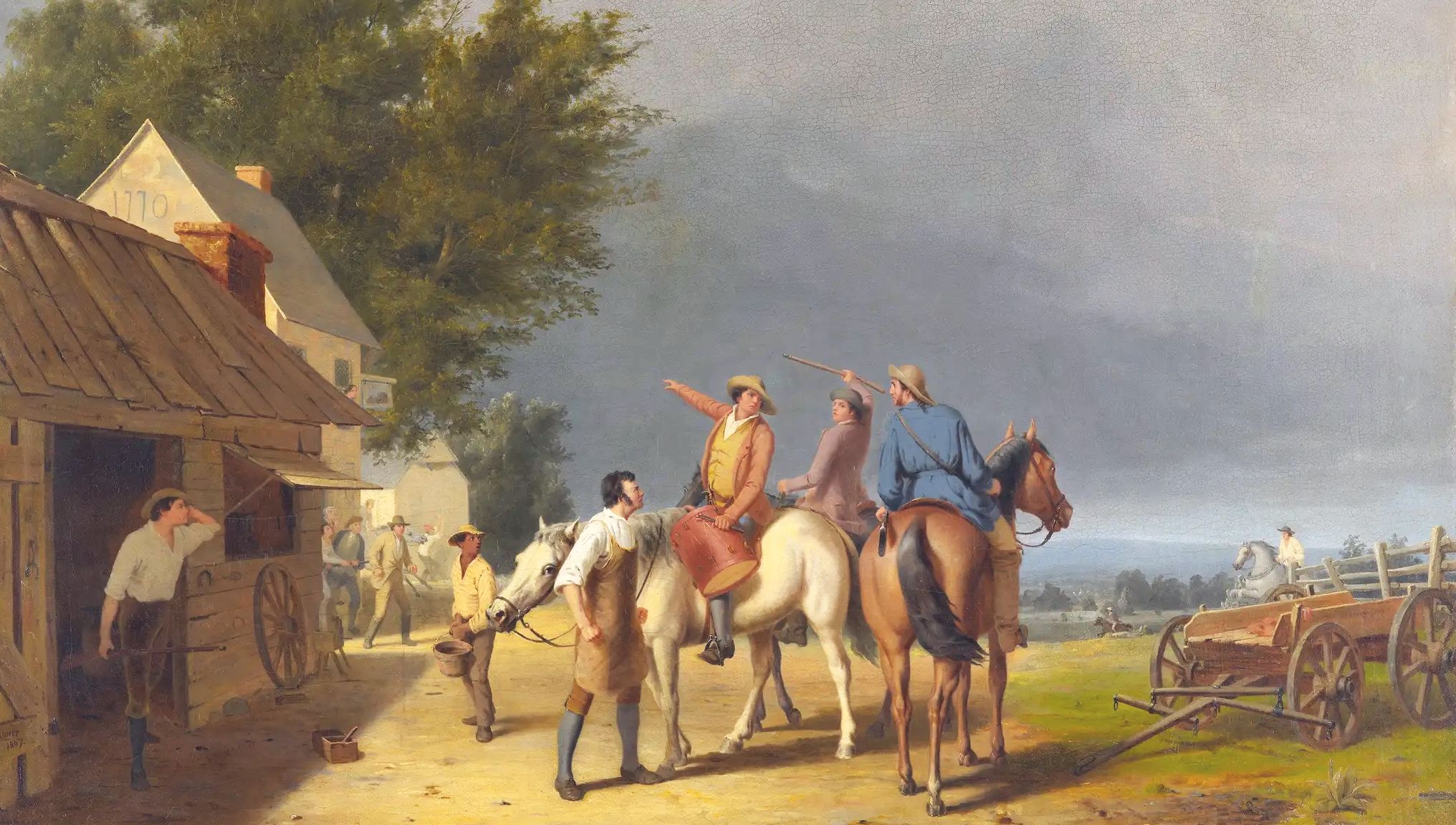Authors:
Historic Era: Era 3: Revolution and the New Nation (1754-1820s)
Historic Theme:
Subject:
Spring 2024 | Volume 69, Issue 2


Authors:
Historic Era: Era 3: Revolution and the New Nation (1754-1820s)
Historic Theme:
Subject:
Spring 2024 | Volume 69, Issue 2

Editor’s Note: Jack Warren is an historian and editor-in-chief of The American Crisis, a journal of history and commentary. He edited the presidential papers of George Washington while on the faculty of the University of Virginia and was for many years the executive director of The Society of the Cincinnati. This essay is adapted from his new book, Freedom: The Enduring Importance of the American Revolution (Lyons Press). Mr. Warren wrote the book, he explains, to combat the cynicism of our time: “The idealism of the revolution,” he concludes, “is the foundation of our freedom and the hope of people who long for freedom in every part of the world.”
The American Revolution is our national epic — the story of remarkable men and women who secured their independence in a war of liberation, established a republican system of government, and became a united people, with a shared history and national identity. It is a great story, full of courageous people who risked their lives to create a new nation dedicated to freedom. All Americans, whatever their background, can take pride in their achievement.
The story of the American Revolution begins in our colonial past, when freedom as we understand it was not yet imagined. The people of colonial British America lived in a society characterized by deep and pervasive inequalities. Women were subordinate to men, their talents stifled, their natural rights ignored, and their civil rights denied. Indentured servitude was common, and enslavement was practiced throughout the colonies, as it was through much of the Atlantic world.

Some British Americans – men who published newspaper essays and pamphlets and left their papers for us to read – were proud to claim “the rights of Englishmen,” not understanding the limited, tenuous, and fragile nature of those rights. They were subjects of a king, not citizens of a republic. The